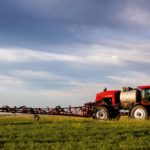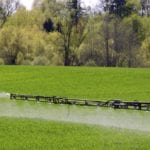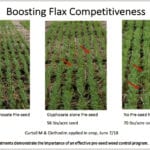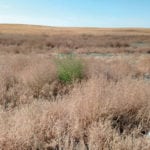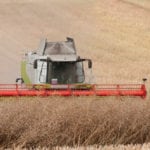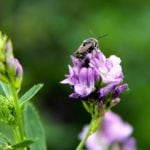Read and always follow the label directions when applying pesticide. That’s one of the messages Brenna Mahoney, Cereals Canada’s director of communications and stakeholder relations, hopes farmers take away from the updated Keep it Clean website. By doing so Canadian farmers can help ensure international markets stay open, Mahoney said in an interview April 12.



